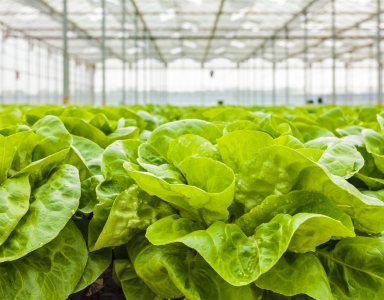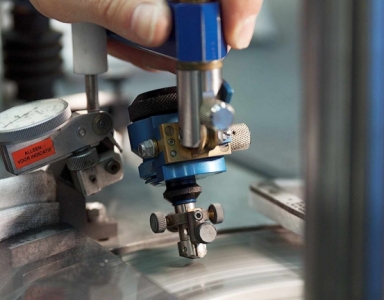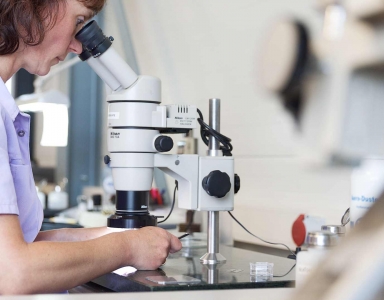The future of plant-based food
The growing demand for plant-based (meat) substitutes is causing companies to become increasingly creative in developing plant-based meat, cheese or dairy products. Consumers are increasingly turning to plant-based food for ethical or health reasons. However, because consumers expect a certain texture and taste, a lot of research needs to be done to develop natural-like products. It is also expected that these substitutes are not only animal-free, but also have a healthy ratio of proteins, fats and carbohydrates. How do you achieve that with only plant-based ingredients without compromising on taste and texture? And will we all be eating these substitutes in a few years’ time?
Development does not stand still
Strictly speaking, meat substitutes should contain nutrients like iron and vitamin B12, substances that are both present in meat products. These are therefore often added to products based on legumes, nuts, tofu or dairy. A common argument against meat substitutes is that these products are also often full of preservatives, salt or fat. However, it turns out that fattier meats, such as pork, contain more saturated fat than many meat substitutes.
Developments in meat substitutes are advancing rapidly, providing plant-based alternatives that many people find indistinguishable from the real thing. Even festival grounds are now full of food trucks selling vegan meals. Karma Kebab, which develops plant-based kebabs based on Dutch celeriac and wheat, is now a familiar name at festivals such as Lowlands and Mysteryland.
Plant-based alternatives to cheese
A similar discussion arises with plant-based alternatives to milk, cheese or cottage cheese. The animal products are high in protein and also contain vitamin B12. However, current plant-based alternatives to cheese are often packed with starch and (coconut) oil, certainly not a healthy alternative to the well-known Gouda cheese. Numerous companies are now developing vegan cheese that can match the cheese everyone knows, without compromising on nutritional values. For example, Mr. & Mrs. Watson, a vegan cheese developer and hospitality concept, recently developed an artisanal Dutch cheese wheel that is full of healthy proteins.
Grants support development
With the rise of foodtech companies to meet this demand, grants are also becoming increasingly interesting for these smaller food developers. Both Karma Kebab and Mr. & Mrs. Watson are using the Dutch WBSO with Hezelburcht’s help to develop their plant-based alternatives. Hezelburcht has also submitted an MIT feasibility grant for Mr. & Mrs. Watson for the development of high-protein vegan cheese. This was also done for Veagons, a foodtech start-up that will develop a high-protein vegetable cottage cheese based on broad beans. Both companies received the MIT grant in 2022.
Plant-based food has become a fixture in diets worldwide. And whether you are a carnivore, flexitarian or vegan, consumers can generally agree on one thing: the current, mass livestock industry has a significant impact on the environment. So quality alternatives are more than welcome, whether you eat this daily or sporadically.
Funding advice for your food innovations
Are you curious as to whether your (plant-based) food innovation is eligible for subsidies? Specialist Sjoerd Matthijssen will be happy to take a closer look at your project! Schedule a one-on-one meeting with Sjoerd to discuss the possibilities.
In need of advice? Contact us
Or call us directly: 088 495 20 00



